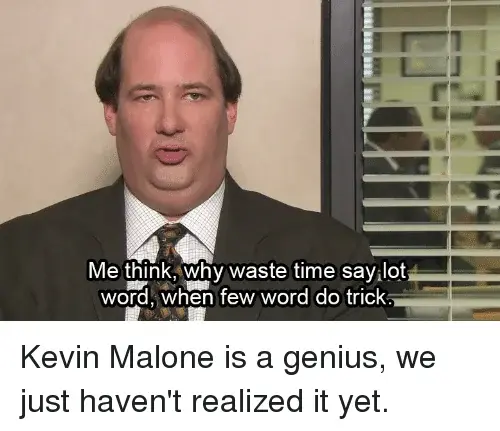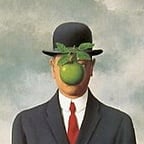A blog exploring why sentence lengths have been decreasing.
My theory: authors got smarter and learned to properly partition their words into readable sentences, without mindlessly clausing on and on and on.
I rlly thought ts was abt prison sentences
Oh no those keep going up because no amount of raising them has managed to reduce recidivism
cz its hrd 2 type.
I’m surprised that what seems to me to be the most obvious hypothesis isn’t covered. Until very recently, historically speaking, written and spoken language have been very clearly separated forms of language use.
With the advent of the internet, instant messaging, social media etc, the distinction has been gradually blurring in the sense that written language is being used more and more frequently for what would previously have been considered ‘spoken uses’.
We know spoken language mostly consists of shorter fragmented phrases compared to the longer complete sentences of the written word. It should not be surprising that as writing is increasingly used for ‘written speech’, regular writing will be influenced to move in the direction of the shorter phrasing of spoken language while otherwise maintaining the syntax and grammar rules of written language forms.
Not just social media and texting, but more like the rise in popularity of mass media, like radio, movies, and television. I agree it might correlate with written word being more likely spoken.
Even before social media, there appears to be a link between increased literacy and decreased sentences. It could be that, as more became literate, the use of the written language shifted to being simpler as it found more uses.
Yeah. Though not really a fan of the use of ‘simpler’ here, as it has other connotations than simply ‘less syntactically complex’ which is really what we’re seeing. In many very real ways, the fragmented phrasing etc of less formalised forms of language are structurally more complex than regular written forms.
I’m not trying to denigrate alternative uses of written language, but I’m highlighting that written language as a whole would have more uses as more people learned it.
Yes, that surprised me too. We speak in sound bites.
I’d like to see them take variance (i.e., range of different sentence lengths) into account—my impression is that more-modern writing has a more dynamic mix of long and short sentences, which could skew the stats in an unintuitive way.
Consider two paragraphs that both have a total of 300 words:
-
Paragraph A has three 100-word sentences.
-
Paragraph B has two 140-word sentences and four 5-word sentences.
Paragraph B has half the average sentence length of paragraph A, but over 90% of the text of B is comprised of sentences that are significantly longer than any of the sentences of A.
-

As William Shakespeare once said: “brevity”
Laconicism.






